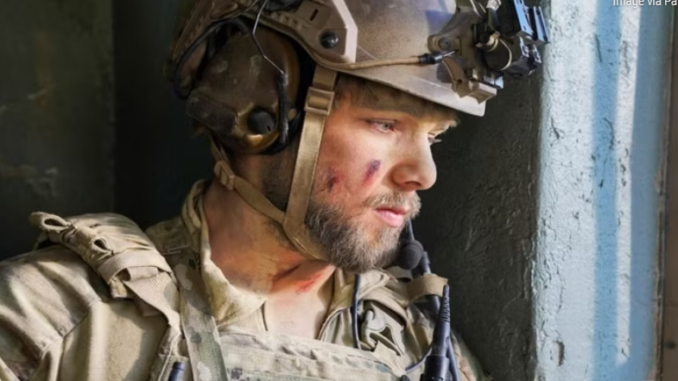
Max Thieriot was known to fans as Clay Spenser on SEAL Team before becoming Bode Leone on Fire Country. The actor appeared in six seasons of the military drama and left after a lucrative development deal for a pilot he pitched to CBS. The network picked up Fire Country and Thieriot’s character was killed off on SEAL Team when the actor left. However, Thieriot revealed to Deadline that he had complicated feelings about leaving the show, as it taught him a lot as a young actor and aspiring writer/producer/director. SEAL Team ended one season later.
“It was tough to see it end,” Thieriot said of the show, which he has yet to see the final episode of. “Also, it was tough to leave that show, it had such an amazing cast and crew and really, really great people,” he added. “There was definitely a big case of FOMO that I really felt, who were the people that I spent every day with, what were they doing?” the actor revealed his feelings after leaving the series.
Through the show, Thieriot built strong relationships with the cast and crew, and SEAL Team gave him a front-row seat to hear impactful stories about veterans. It opened doors for him as he formed a relationship with CBS and its production department. “The show was really an incredible experience, one because I got to know everyone at CBS Paramount and join the CBS Paramount family, and obviously “Those relationships and friendships have taken me to where I am now, and they’ve changed my career forever,” he said. He added of the impact it had on him, “But, the show also had a huge impact on me. It was a really humbling experience to work with all these veterans and get to tell stories that I think are really important and need to be told to support the military community. I think that show did an incredible job of bringing a lot of things to light and raising awareness for people, and being able to be a small part of that and tell some of these really impactful stories has changed my life. “I hope that with Fire Country, we can continue to do the same for firefighters and first responders, and focus on some of the stories about real hardship, about families and how families are impacted.”